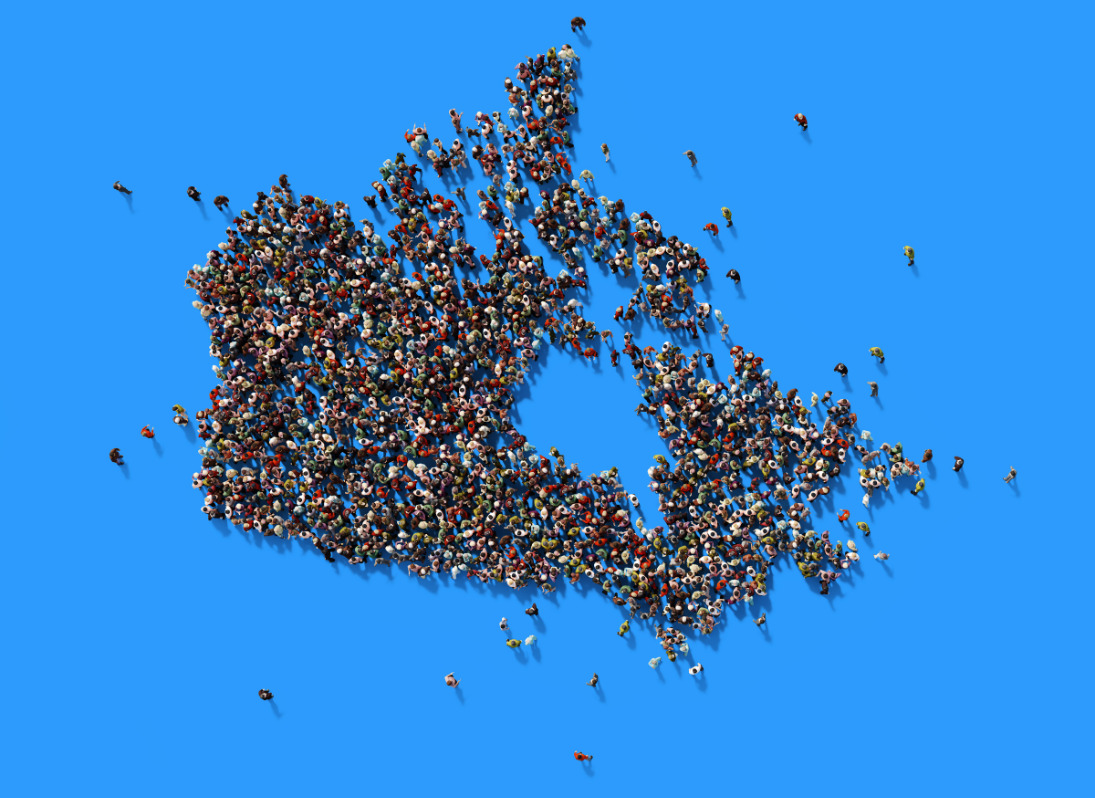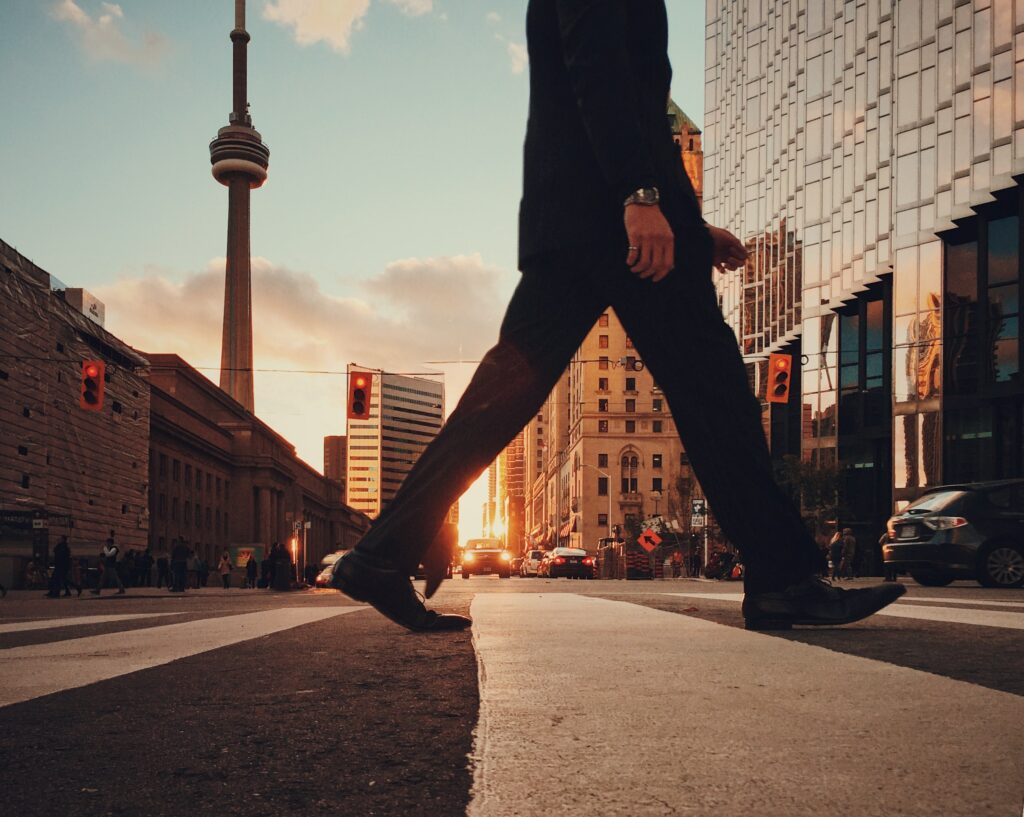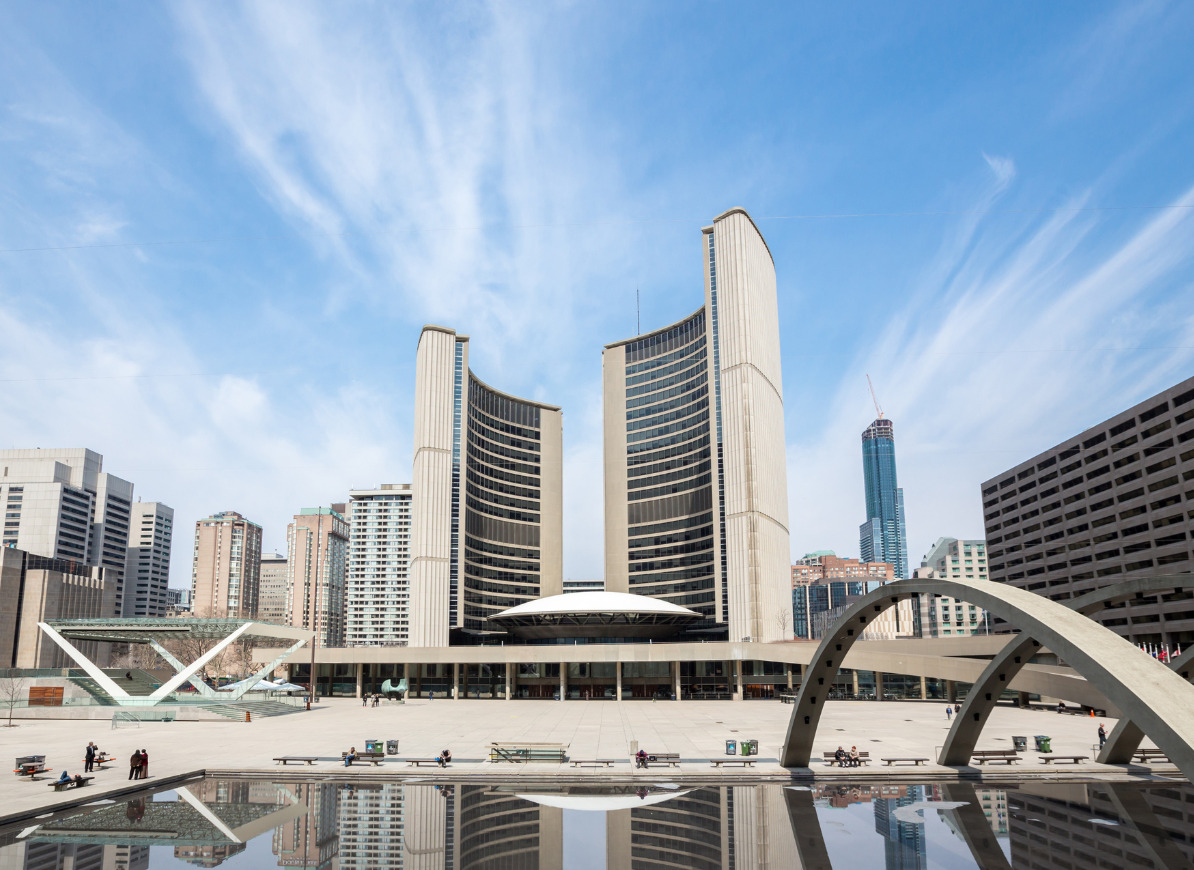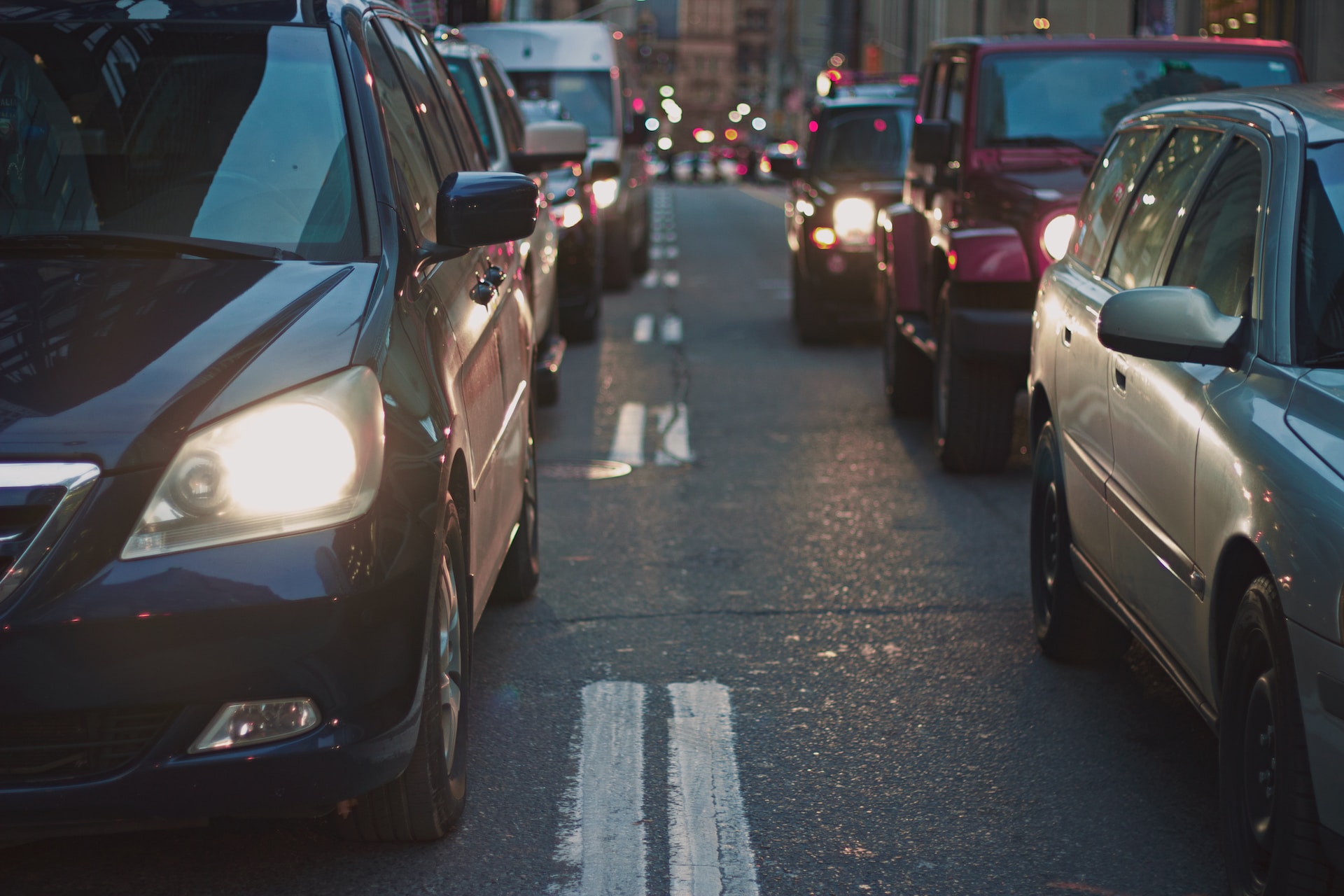The School of Cities is a source of expertise and analysis on all aspects of the complex global challenges facing urban centres. Our Director, affiliated faculty and visiting experts often provide comments to the media and we regularly release stories and updates on the most pressing issues facing cities.
Highlights from Affiliated Initiatives

Matti Siemiatycki in CBC News | Canada’s population expected to hit 40 million today
Enid Slack in the Globe and Mail: Toronto’s next mayor will inherit large budget shortfalls and no clear way to plug them
Shauna Brail & Eric Miller in Toronto Star | Better transit, fewer bike lanes? Mayoral candidates pitch plans to solve traffic nightmare
Scroll to explore
In the Media
The School of Cities is a source of expertise and analysis on all aspects of the complex global challenges facing urban centres. Our Director, affiliated faculty and visiting experts often provide comments to the media on the most pressing issues facing cities.
School of Cities News
Read occasional announcements, stories and updates from the School of Cities.





